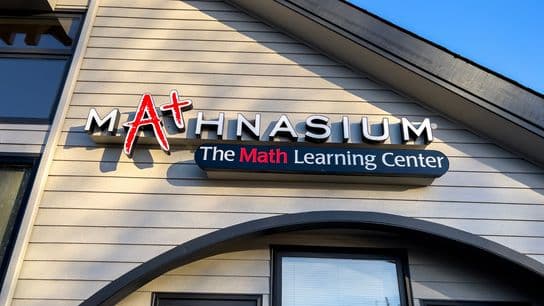Franchising a Restaurant, Explained
Beginning a restaurant franchise requires restaurateurs to standardize operations, refine their business model, and develop a Franchise Disclosure Document.
Franchising has become a popular avenue for aspiring restaurateurs to expand their business footprint without shouldering the entire burden of growth themselves. By franchising a restaurant, operators can tap into the entrepreneurial spirit of others while maintaining a level of control over their brand.
However, the process of franchising a restaurant involves careful planning, legal considerations, and collaboration with professionals. Let’s explore the key steps involved in franchising a restaurant.
Creating a Replicable Business Model
Before they can consider franchising, it's critical for restaurateurs to establish a successful and replicable business model. This involves fine-tuning everything from menu offerings and pricing to operational processes and customer service standards. A consistent and scalable business model forms the foundation for franchising, as it ensures that each franchise location can deliver the same quality and experience that customers expect.
A comprehensive business plan is essential for attracting potential franchisees and securing financing. This plan should outline the restaurant's concept, target market, competitive analysis, marketing strategy, financial projections, and growth plan. It's important to demonstrate the viability and profitability of the franchise opportunity to potential investors or lenders.
Creating a Franchise Agreement and Franchise Disclosure Document
The franchise agreement is a legally binding contract that outlines the terms and conditions of the franchise relationship between the franchisor (the restaurant owner) and the franchisee (the individual or entity purchasing the franchise rights). This document typically covers key aspects such as territory rights, fees, royalties, training and support, marketing requirements, and operational standards.
Additionally, franchisors are required by law to provide prospective franchisees with a Franchise Disclosure Document (FDD) before any agreements are signed or money changes hands. The FDD contains detailed information about the franchisor, the franchise system, the initial investment required, ongoing fees, litigation history, and other relevant disclosures. It's essential to work with legal counsel experienced in franchise law to draft these documents and ensure compliance with federal and state regulations.
Working with Professionals
Franchising a restaurant is a complex process that requires expertise in various areas, including legal, financial, and operational aspects. It's advisable to assemble a team of professionals to guide you through the franchising process. This team may include franchise attorneys, accountants, business consultants, and franchise development experts. These professionals can provide invaluable advice and support to help navigate the intricacies of franchising and maximize the chances of success.
Franchising a restaurant offers an attractive opportunity for expansion and growth, but it requires careful planning, legal compliance, and collaboration with experienced professionals. By creating a replicable business model, drafting comprehensive legal documents, and working with a skilled team, restaurateurs can effectively franchise their concept and build a network of successful franchise locations.
1851 Growth Club is here to help! Contact us today and we’ll guide you through the buying process with honesty and integrity.
To learn more, check out these related articles:









